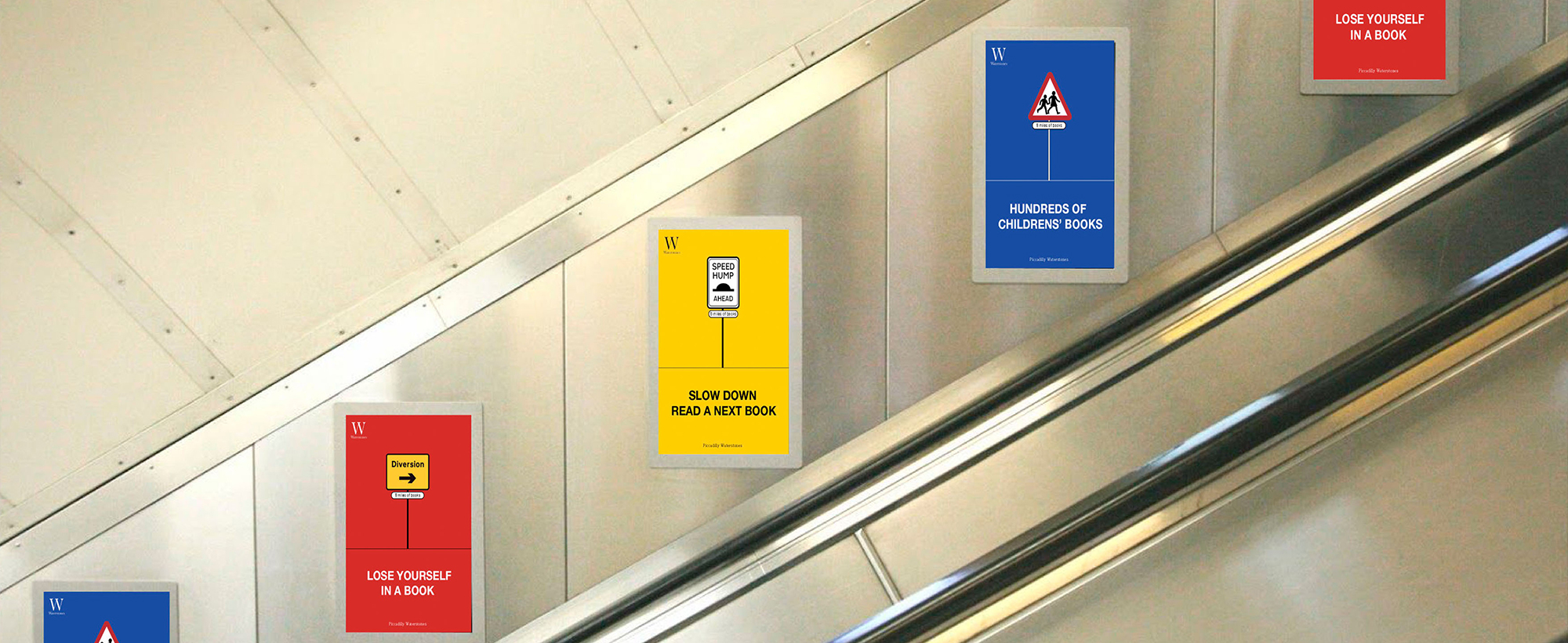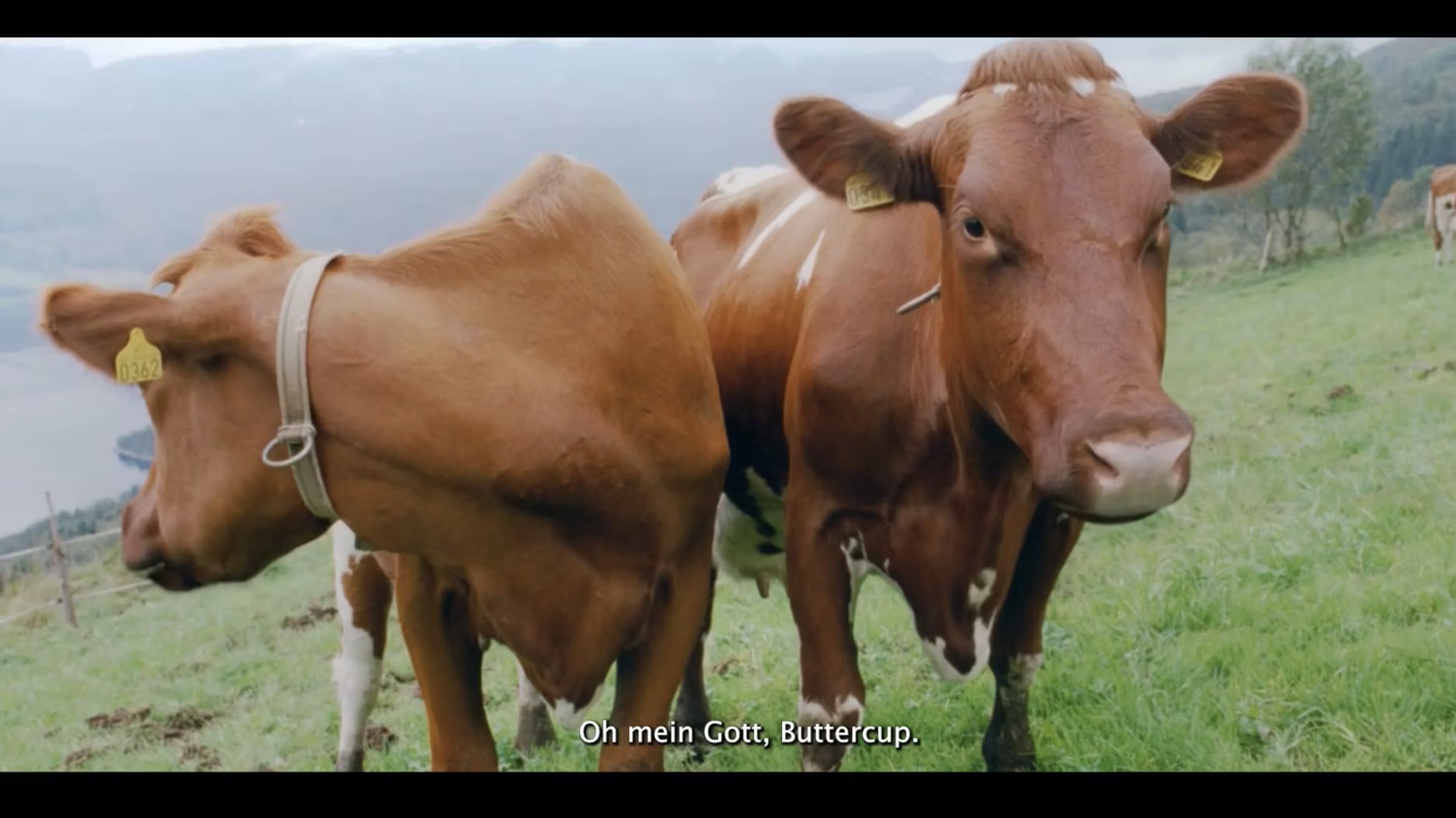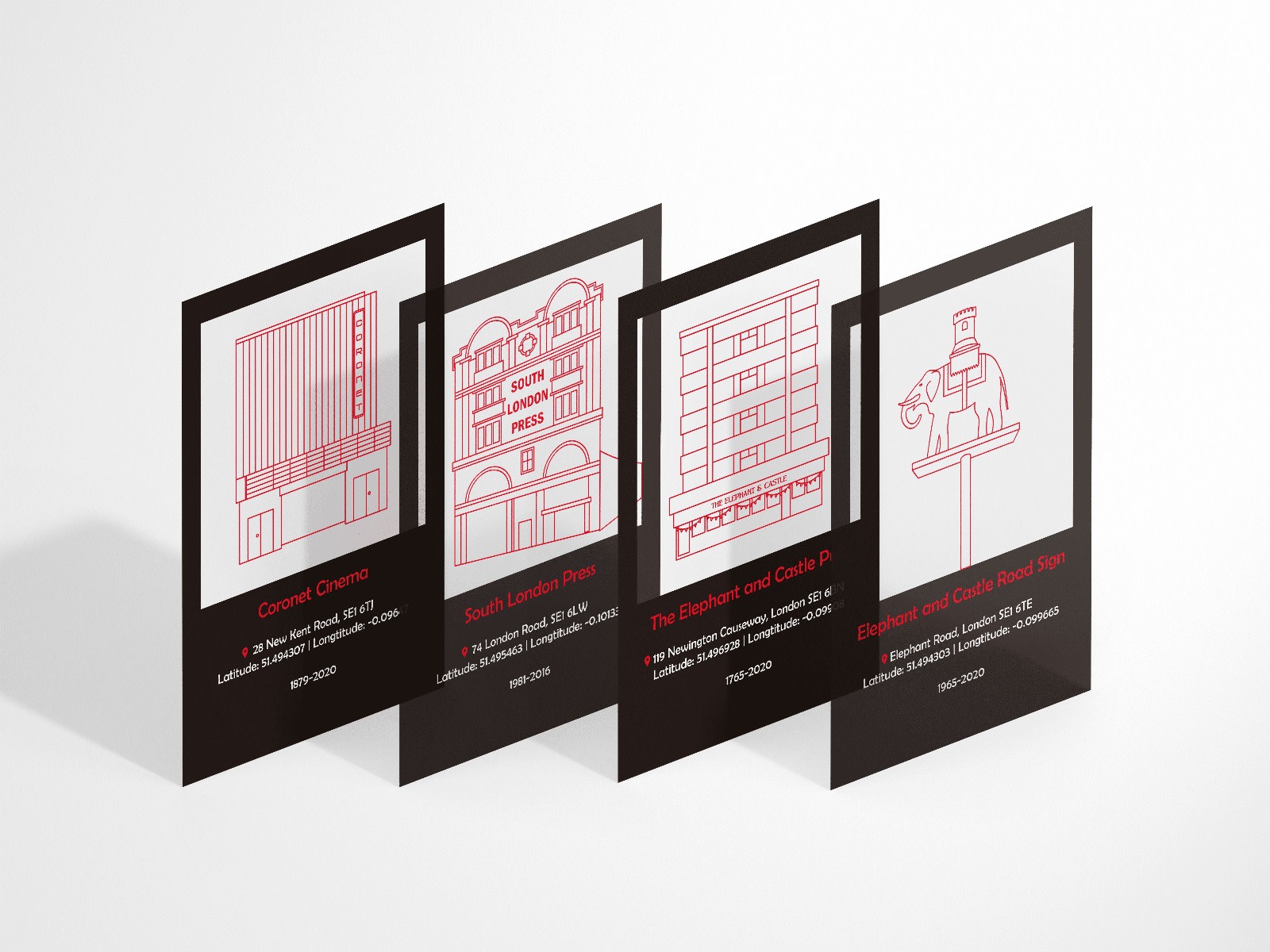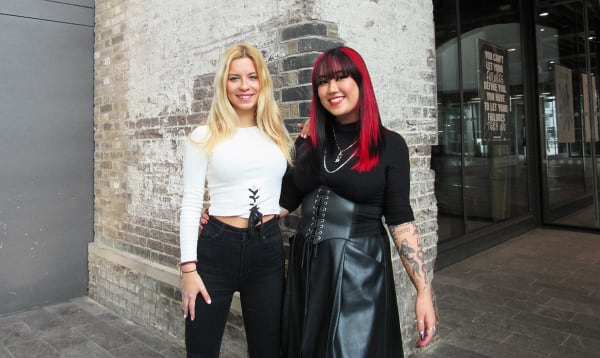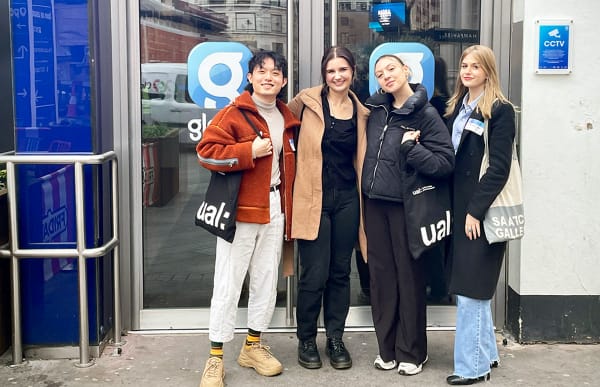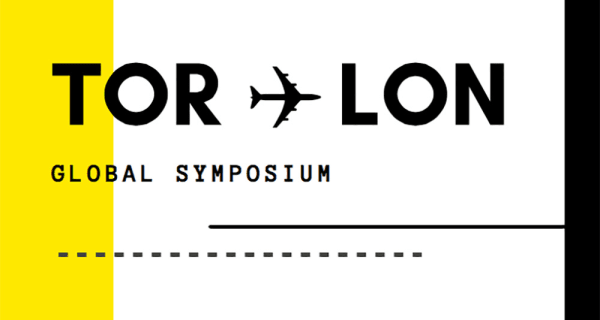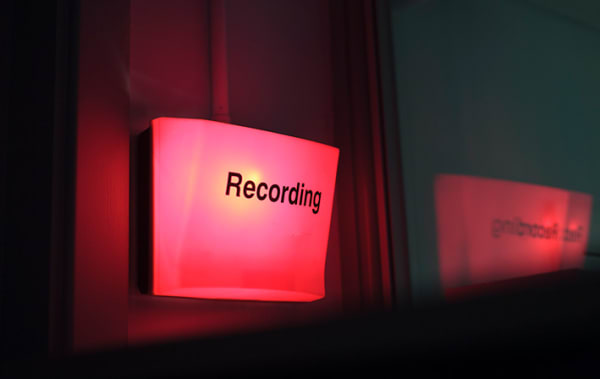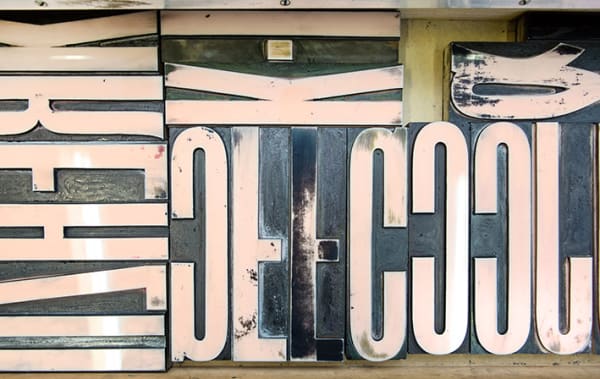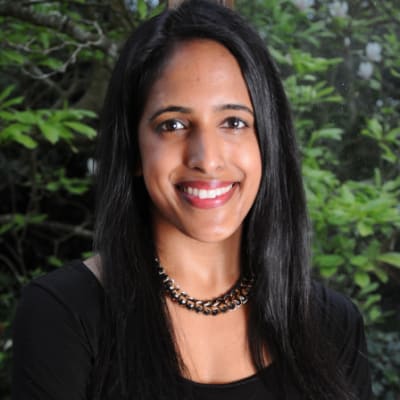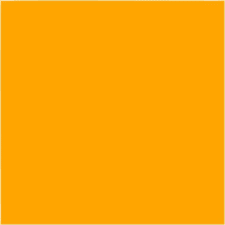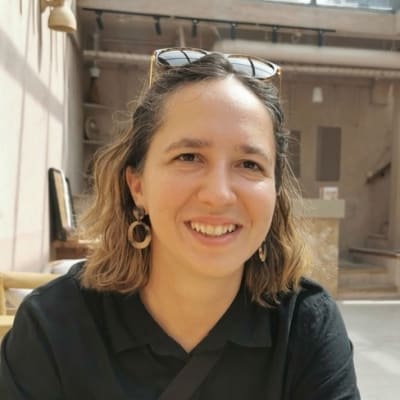Course units
UAL is committed to ensuring that its students’ knowledge and skills are set within a contemporary personal and professional ethical framework in order they may make positive impact in practice particularly in relation to the UAL principles of climate, racial and social justice. The UAL principles help to inform the course’s approach to ethical awareness and application in the curriculum leading to advocacy, mitigation and urgency in developed practice. Ethical behaviours and values are embedded in course aims and are assessed throughout.
In common with all courses at University of the Arts London, this course is credit rated. The course is 3 years, levels 4-6. Each year requires you to achieve 120 credit points. To be awarded the BA (Hons) Advertising qualification, you need to accumulate a total of 360 credits.
Year 1
Introduction to Advertising (20 credits)
This unit will welcome you to your course and introduce you to our learning approaches. We’ll introduce the UAL Creative Attributes Framework as a tool for understanding your university journey and feature sessions on independent study, collaboration, academic writing and academic conduct. You’ll also be introduced to the key topics that will be developed throughout your course. This includes art direction and copywriting skills.
Applied Advertising and Concepts (20 credits)
This unit will introduce you to histories of advertising, along with consumer and marketing theories and debates which relate to the field. You’ll learn about the development of 20th- and 21st-century ideas in advertising, media and visual communications, and explore common themes and connections between advertising and culture. In particular, this unit focuses on issues of diversity, representation and sustainability in advertising. It builds on the art direction and copywriting skills taught in Introduction to Advertising.
Content for Creative Communication (20 credits)
Through a series of creative and technical workshops, this unit will provide a foundation for understanding and engaging with the creative process, from the early stages of creative thinking and skills development to realising and finalising creative outputs.
Persuasive Storytelling in Advertising (20 credits)
You’ll learn a variety of persuasive theories and narrative building approaches to apply to creative advertising. You’ll learn how to adapt these techniques to your own creative communication as you develop advertisements that connect with your audience.
Media, Communications and Culture (20 credits)
This unit will introduce you to the broad field of communication studies by mapping and applying key theories and approaches. You’ll explore ways of thinking about the formation, transformation, and influence of the communications industries, and contextualise contemporary debates about related practices, texts and users.
Platforms and Social Media (20 credits)
Providing an important foundation for understanding different platforms and social media from a range of socio-cultural perspectives, this unit applies project-based learning to not only examine their complexity, but also to consider how they can be used for promotional and creative communication.
Year 2
Consumer Intelligence and Brand Engagement (20 credits)
You’ll be introduced to a wide range of consumer research studies in order to analyse consumer behaviour and psychology, which will lead to persona construction, customer journey mapping and behavioural economics. You’ll learn how to define and analyse consumers against a set of classifications, which will enable you to make effective decisions on behalf of brands, corporations and entrepreneurs. You’ll work with a local business to enhance their advertising and branding to better reach their target audience.
Professional Industry Practice (20 credits)
Supporting you to prepare for a career in advertising and creative communications, within the creative media industries, this unit will introduce different modes of working in the professional landscape. You'll be encouraged to reflect on your own interests and creative skills in relation to employability, and to explore industry-based experiences such as placements, internships, live briefs, and freelance working.
Global Media Businesses, Practices and Cultures (20 credits)
You’ll examine the changing ways in which global communications are organised, the connections between business and cultural aspects of the media and creative communications industries, and their relationship to wider processes of economic, political, social and cultural change.
You’ll also consider different work practices in the creative and cultural industries, and identify the competencies and behaviours required to work successfully within them.
Digital Strategy (20 credits)
In this unit, you’ll explore integrated approaches to social media, multimedia and interactive media by planning, executing and evaluating a complete digital campaign. You’ll also have the option to study for an additional industry-accredited qualification with the Institute of Data and Marketing (IDM).
Communication Research Methods (20 credits)
You’ll be introduced to the research process by learning methods for data gathering and data analysis. With a focus on research outcomes, you’ll be supported to then apply these techniques to your written work as well as your creative practice, and to propose a research project in your final year.
Level 5 Option Unit (20 credits)
This unit will enable you to choose an option that supports the further development of your creative production skills.
Recent units offered have included:
- Content Creation: Digital and Web
- Content Creation: Film and Video
- Content Creation: Podcasting and Audio
- Professional Skills: Building Brands
- Professional Skills: Data and Social Media Analysis
- Professional Skills: Influencer Marketing Communications
Year 3
Research Project (40 credits)
In this unit, you’ll undertake an independent research project based on a question relating to the contemporary advertising industry, which can be accompanied by an incorporated creative project.
Final Major Project (40 credits)
You’ll develop several solutions to advertising briefs by creating campaigns for brands using the skills learnt throughout your course. This will form the content for a portfolio that you can use for employment opportunities. Many of the briefs will focus on charitable causes and real-life clients.
Creative Futures (20 credits)
In this unit, you‘ll explore potential career options and postgraduate opportunities to prepare for life after graduation.
Reflecting on your journey throughout the course, you’ll identify your skills, strengths and aptitudes alongside your aims and ambitions for the future before producing a 12- to 18-month action plan to help you consider your next steps.
Level 6 Option Units (20 credits)
You’ll have the opportunity to choose from a range of research-based options and specialist topics to develop your interests across media and communications.
The following units will be offered each year:
- Critical Sound Cultures
- Futures Thinking
- Information Warfares: Misinformation, Conspiracy and Extremism
- Love in a Digital Age
- Special Topics*
*Your selection of special topics may potentially include:
- Comedy and Satire in Media and Communications
- Community Management
- Digital Humanitarianism
- Food Cultures
- Global and Indigenous Media
- Rhetoric, Media and Political Communication
Optional Diploma between Years 2 and 3
Between Years 2 and 3 of the course, you’ll also have the opportunity to undertake one of the following additional UAL qualifications:
Diploma in Professional Studies (DPS) (Optional)
An optional, year-long learning opportunity which enables you to develop your professional skills by undertaking time out for industry experience. Supported throughout the year by academics, you’ll build on the knowledge gained on your course in a range of national or international locations, and graduate with an additional qualification of Diploma in Professional Studies.
Diploma in Creative Computing (Optional)
Between Years 2 and 3, you can undertake the year-long Diploma in Creative Computing. This will develop your skills in creative computing alongside your degree. After successfully completing the diploma and your undergraduate degree, you’ll graduate with an enhanced degree: BA (Hons) Advertising (with Creative Computing).
